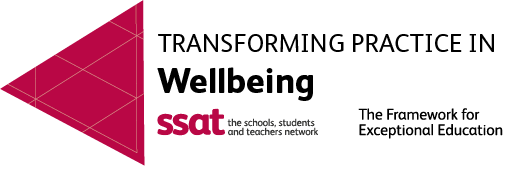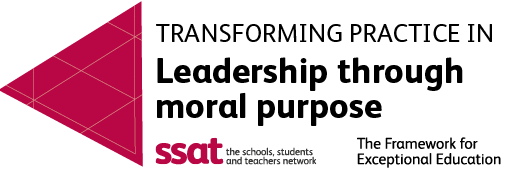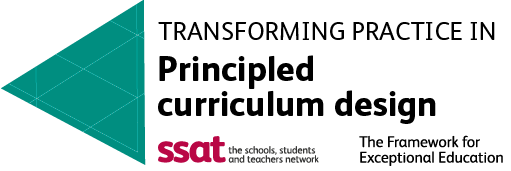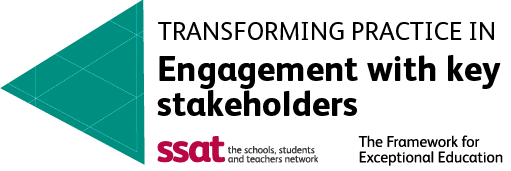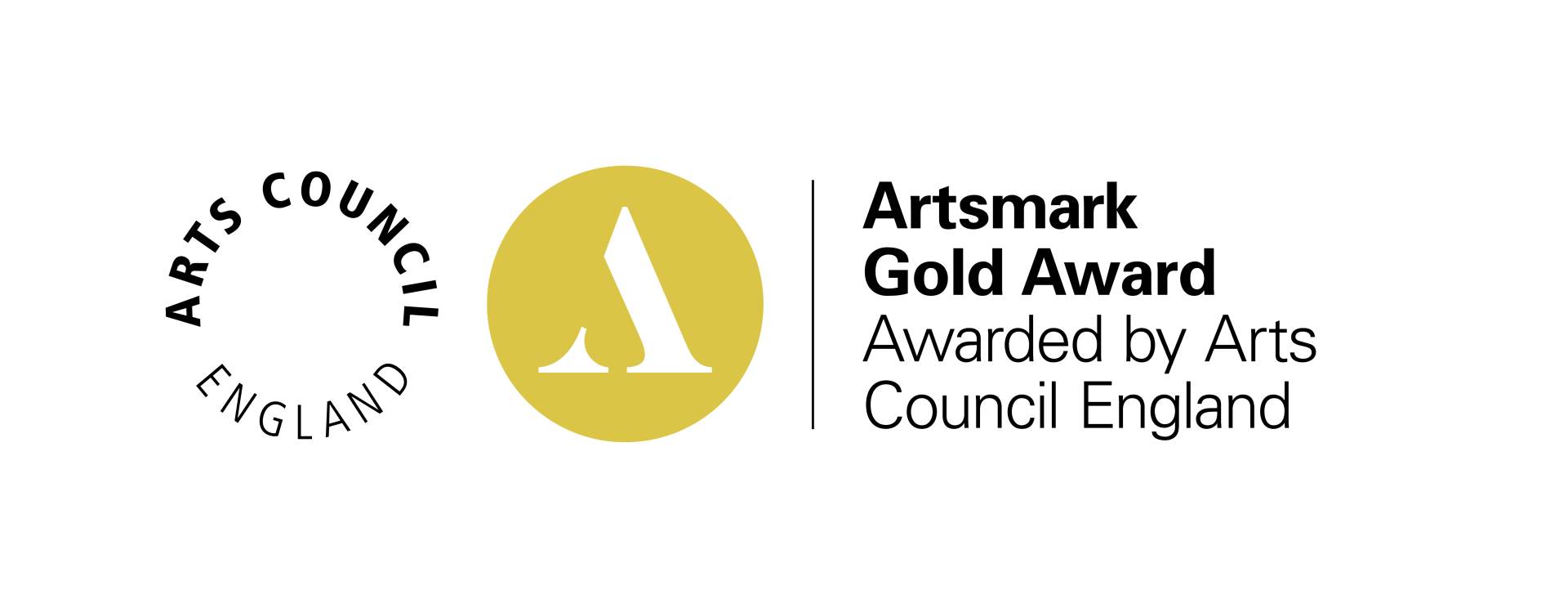Drama and Theatre (A Level)
Course Specification |
|
Subject Specific Entry Requirements |
Grade 5 in Drama; Grade 5 in English Language. |
Costs Associated with this Course |
Students should provide their own stationery (mainly note pads). Textbooks will be provided at a reduced cost, and all scripts are provided. Theatre visits are a key element of the course and we envisage an annual outlay of £30- 40. |
Do you… have a keen interest in Drama and Theatre?
- Want to develop the ability to analyse and investigate plays, in depth, from different perspectives?
- Want to experience a range of opportunities to watch theatre; then create your own work?
- Want to pass on your knowledge onto others, becoming an ambassador for the Arts?
How will you be assessed?
The A Level is made up of four components. There are two non-exam assessments (60% of the overall qualification) and two examined assessments (40% of the overall qualification). However, we must stress all theory and practical work will be integrated throughout the course and all texts studied will be explored practically. This is an essential process as this A Level is about understanding the working methods of current working practitioners; understanding the role of a director and the motivations of a writer. We firmly believe this cannot be taught behind a desk, it is has to be experienced through practical exploration.
What will I study?
Practitioners in practice (40%) You will create your own devised performance based on and influenced by the work of others. This will include: the study of two practitioners and the study/exploration of an extract from a play. This will be realised in either an acting performance or design project. In addition, you will also complete an accompanying research report and portfolio.
Exploring & Performing Texts (20%) You will perform or design for an extract from a play to a visiting examiner during Year 13.
Analysing performance (20%) Section A - You will be asked about exploring a theme and how this can be brought out in a performance of two set texts;
Section B - You will be asked to analyse and/or evaluate a theatrical performance you have seen.
Deconstructing texts for performance (20%) In question 1, you will be given an extract from a set text you have studied and asked how you would direct a specific aspect of a particular theme. Question 2 the second question will focus on the process of creating and developing a performance as well as the performance characteristics of the text.
How will this course support my future plans?
It will develop transferable skills desired by all sectors of industry. This specification will help create independent learners, critical thinkers and effective decision makers – all personal attributes that can make you stand out as you progress through education and into employment. For example, within business you need to be able to present; within teaching you need to be able to communicate and adapt within a classroom; within History and English you need to be able to analyse, thus this course does not just make you a performer/ director, it offers so much more, as it supports what you do in other areas of study.
Student thoughts:
“Studying Drama and Theatre has had a lot of personal benefits for me. It helped with building self-confidence, speaking in public, and developing interpersonal skills.”
“Drama and Theatre helped me to be more aware of how my physical presentation could affect the way people see me.It developed my capacity to change for the better.”
“By the end of the two year course I realised that Drama and Theatre can be the expression and exploration of my personal, cultural and social worlds through role and situation that engages, entertains and challenges.”
“I found I could create meaning as a Drama and Theatre creative, performer and an audience member. I enjoyed the chance to create my own and others' stories and analyse their points of view.”



 Safeguarding
Information
Safeguarding
Information Arbor
Arbor